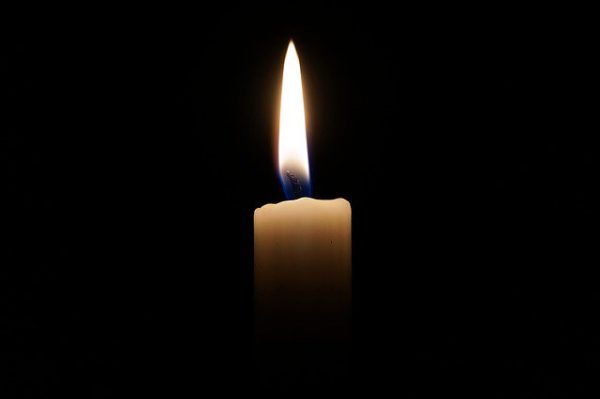You could ruin your appliances if you don’t act fast.
The best-case scenario when your power goes out is that it’s a quick outage, and you’re just minorly inconvenienced by resetting all the clocks in your house. However, if you’re in the path of a severe storm or hurricane, strong winds can knock down power lines and leave you without power for hours…or even several days. Beyond extreme weather, though, the power can go out for many reasons, whether it’s a squirrel that nibbles through a utility line or a car that crashes into a utility pole and leaves you in the dark.
U.S. electricity customers experienced an average of 5.5 hours of power interruptions in 2022, according to the Energy Information Administration, however, keep in mind that’s the average across the whole country. Residents in Florida, Vermont, Maine, and West Virginia experienced outages three times the national average.
Power outages can cause numerous problems, including the inability to use household appliances, loss of utilities, spoiled food due to a nonoperational fridge, lack of heating and cooling, and limited communication, says energy expert Clement Feng, the vice president of product management for Briggs & Stratton Energy Solutions, which makes standby generators and battery backup storage systems. Power outages can also pose emergencies for households with medical equipment that needs power or medications that require refrigeration.
Read more: HouseBeautiful
We are MCS Certified Solar Panel Installers. See more information on Solar Panels.
Click for more information on Battery Retrofit Storage.
For more information on Solar Panels and Battery Systems contact Tanjent Energy.






